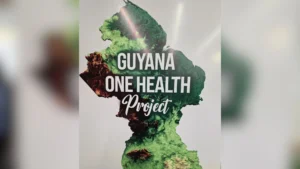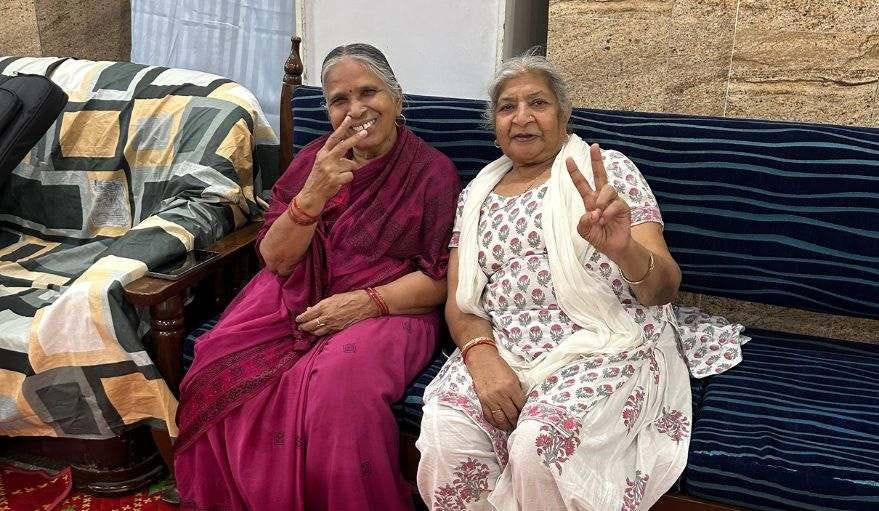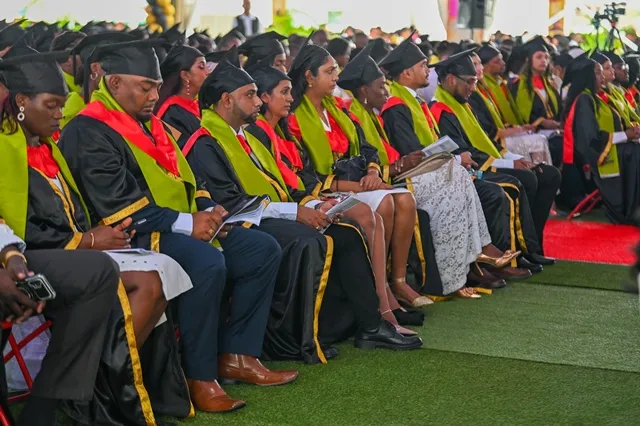Guyana has launched a US$22 million One Health Initiative—making it only the second country globally to fully operationalize this integrated health approach. Backed by the World Bank’s Pandemic Fund, the initiative links human, animal, and environmental health systems to detect and contain outbreaks before they spread.
President Irfaan Ali launched the project on May 30, positioning Guyana as a regional leader in pandemic preparedness. The program will fund surveillance of zoonotic diseases, training for over 200 health professionals, lab upgrades (including BSL-3 capabilities), and community education in rural and indigenous areas.
Health Minister Dr. Frank Anthony emphasized that 75% of emerging diseases are zoonotic. “We need an offense—not just a defense—against future pandemics,” he said. The project is supported by PAHO and aligns with Guyana’s Low Carbon Development Strategy 2030.
A key component includes real-time tracking of diseases like dengue and malaria as deforestation increases spillover risks. Already, Guyana has run preparedness drills for African Swine Fever, a deadly pig virus. These simulations represent the type of rapid-response infrastructure the project aims to institutionalize.
The initiative positions Guyana to share best practices with regional neighbors. The country plans to host a Caribbean symposium in 2026 on One Health collaboration.
For the public, the outcomes will be tangible: fewer outbreaks, stronger veterinary and environmental safeguards, and faster responses to public health threats. In a post-COVID world, Guyana’s move may set the benchmark for pandemic prevention in developing economies.
Sources: Ministry of Health Guyana; News Room Guyana; One Health Initiative




